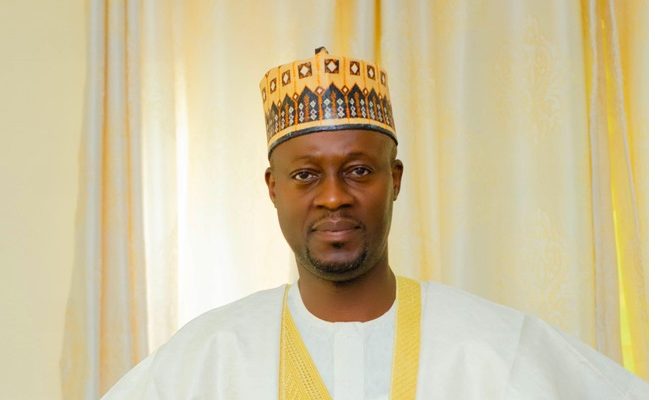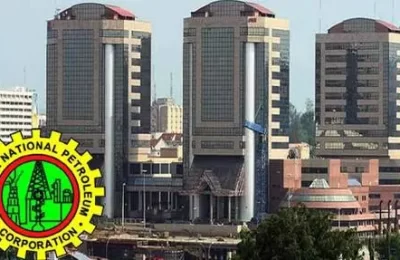A stalwart of the ruling All Progressives Congress (APC) in Kwara state, Dr Abdulmumin Yinka Ajia, has advised the federal government to rejig agriculture and transportation policies as a way to address demands of proponents of the August 1 planned protest on economic hardship.
Speaking with journalists in Ilorin, Dr. Ajia, who is also an associate professor of Business Administration at Lincoln University, Missouri, USA, said that Nigeria is in an emergency.
“The federal government should deploy a cohesive agricultural policy and rejig the nation’s transportation system to tackle current socioeconomic challenge which the nation is currently facing,” he said.

Ajia said that Nigeria needs a president that would lead from the front by carrying out field job across the states of the federation to complement the desk job he is doing.
“The government should declare an emergency on agriculture and map out each state based on their individual comparative advantage on agricultural viability, facilitate tools and implement to facilitate large scale mechanized farming. This can be done with presidential fiat.”
Also, on transportation, the APC chieftain said that the government should think of building light rails in each of the state capitals.
“This could be done through borrowing and it can lead us to prosperity. The president should engage countries like Brazil to bring in MarcoPolo buses to rid our roads of keke and okada, which is not a civilized way of transportation. Farmers have produce in the farms but the removal of fuel subsidy had made transportation so expensive to bring their produce down to urban areas.”

To tackle the nation’s current economic hardship, the Business Administration lecturer also said that the government should meet with selected and accomplished economic experts, “that could be fished out across Nigeria (and the world over) to work for him rather than cronies.
“These experts need not to be politicians but those people who are ready to serve the country”, he said.
Against the backdrop of a planned protest by groups of Nigerians against current economic hardship in the land, Ajia said that peaceful protest is the hallmark of democracy.
“The protesters should be allowed to protest and should not be harrased but given maximum security to safeguard their lives, those of other citizens, and their property.
“The hardship in the land is very concerning with 40 per cent food inflation and 34.5 per cent overall inflation.”
The varsity lecturer said that he expected the president, governors, National and state Houses of Assembly to sit down to tackle the identified challenges on behalf of the Nigerian people, as consequences of the protest.
“They say they are working presently but it’s not showing. A walk around the markets shows that things are extremely difficult.”
Ajia, who said that dialogue could be employed while the protest was going on, however, added that people have the right to show their displeasure peacefully.
“Government could identify leaders of the protest movement, meet with them to assure them of meeting their demands or discuss such demands they could not meet. Probably, the protest may be called off.
“It took government 14 months to negotiate and pass law on minimum wage. One wonders how they can negotiate a call off of the protest, and implement the demands.”
READ ALSO FROM NIGERIAN TRIBUNE







